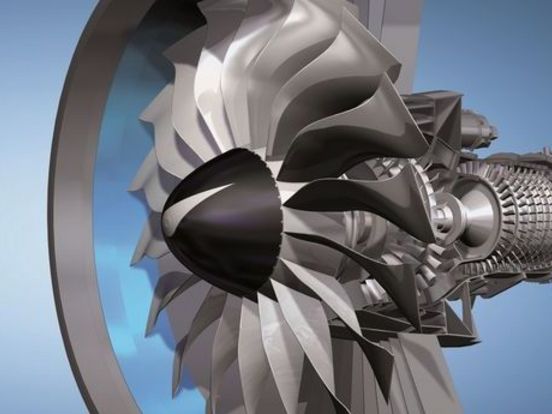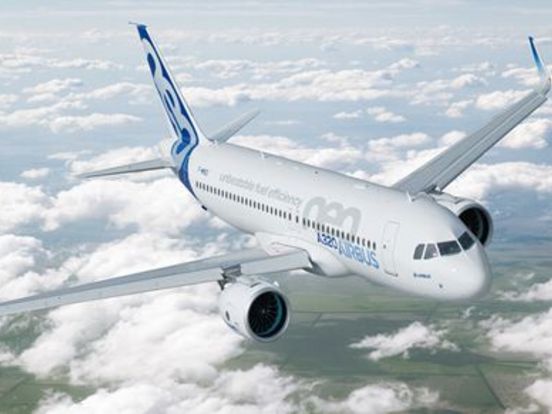
Product development & Integration
Product Development & Integration
The Product Development & Integration department is responsible for the development of MTU’s engine components and their integration into the jet engine. Our engineers ensure our designs meet all metrics & specification, and support it’s validation and certification.
Supporting several engine programs, the department's focus is on next-generation technology for the compressor and turbine section.
- High-Pressure Compressor (HPC)
- Low-Pressure Turbine (LPT)
The majority of the department's products belong to MTU’s partnership programs with Pratt & Whitney. In alignment with Pratt & Whitney’s convention, the department consists of several Component Integrated Product Teams (CIPTs). Each CIPT owns its assigned product through the entire life cycle – from concept to production.
Product development and integration is a demanding task that requires a range of engineering functions. To name a few, the team negotiates module interfaces, supports validation and performance tasks, and leads engineering changes.
Contact

Manager CIPT
Team Functions
Project Engineering
Project engineers coordinate the engineering activities, keep track of deliverables and lead the CIPTs through module reviews.
Design Integration
Design integration engineers own the fit and function of MTU components interfacing with other engine modules. Technical requirements, design specifications, and industry standards are maintained throughout engine development.
Industrial Management
Industrial management is responsible for tracking and monitoring the flow of hardware to ensure timely engine assembly.
Validation Support
Validation test engineers support the phases of intense testing during jet engine development. Key task is to ensure that all test objectives are being met.
Analytics Support
Analytics engineers are engaged in engine performance, thermal and secondary air systems aspects. Key task is to ensure that metrics are met and that engine health and safety is ensured.
Customer Support
Customer support prepares our products for entry into service, including making sure engine manuals are ready when the engine goes into field operation.


